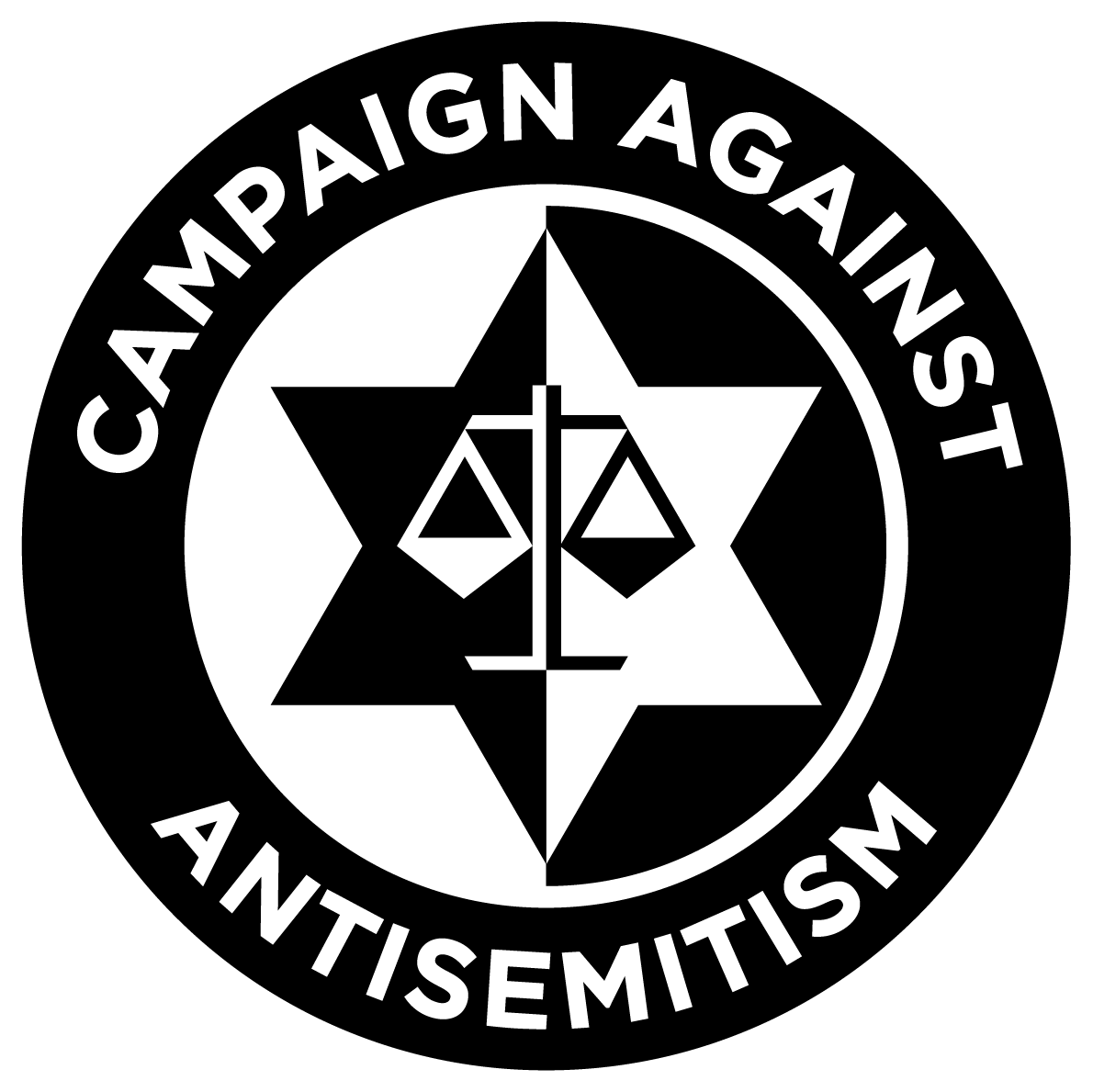Russian invasion of Ukraine sees plethora of Nazi references, involvement of actual neo-Nazi soldiers, and divides opinion on the global far-right
The Russian war on Ukraine has elicited a plethora of Nazi comparisons and is witnessing actual neo-Nazi soldiers on the battlefield. The war has also divided opinion within the far-right globally, as discussed on this week’s episode of Podcast Against Antisemitism.
President Putin of Russia justified his war on Ukraine in part by claiming that he needed to “denazify” the country, a stance that was reinforced by Russian Foreign Minister Sergei Lavrov and apparently also adopted by China. Mr Lavrov also compared the United States to Hitler, stating: “Napoleon and Hitler, they had the objective to have the whole of Europe under their control…Now Americans have got Europe under their control. And we see the situation has really demonstrated what role the EU is playing in the context of the global situation. They are just fulfilling a role. So we see, like in Hollywood, there is absolute evil and absolute good and this is unfortunate.”
Meanwhile, Ukraine’s President Zelenskyy has compared Mr Putin to Hitler and described the invasion of his country as “pure Nazism”. The comparisons drew condemnation from Yad Vashem Israel’s Holocaust museum, for “trivilisation” of the Holocaust.
The Holocaust references became particularly acute when reports emerged of the Babyn Yar Holocaust Memorial Center being hit by a Russian missile aiming for a nearby Kyiv television mast. Mr Zelenskyy then called for Jewish people around the world to speak out against the Russian invasion, saying: “For any normal person who knows history, Babyn Yar is a special part of Kyiv, a special part of Europe…It is a place of prayer and a place of remembrance for the 100,000 people killed by the Nazis…Who do you think you are, to make it a target for your missiles?” It subsequently emerged that the Memorial had not been damaged.
While war inevitably gives rise to unpleasant and inflammatory rhetoric, the presence of actual neo-Nazis on the battlefield has been a greater cause for alarm. In particular, attention has been drawn to Ukraine’s Azov Battalion, a neo-Nazi militia that formed during the 2014 War in the Donbas and has since been subsumed into the Ukrainian National Guard, putting neo-Nazi troops on the Government’s payroll. In 2020, Facebook came under pressure following the revelation that a network of 80,000 white supremacists was operating on its platform In more than 40 neo-Nazi websites, where merchandise sales were funding the Azov Battalion and the Misanthropic Division, another far-right Ukrainian group. One of the Azov Battalion’s Facebook pages at the time was reportedly called “Gas Chambers”, and visitors were directed to websites featuring imagery of white skinheads standing next to murdered Jews and black people.
Marking International Women’s Day, NATO tweeted a message of solidarity with Ukrainian women, only to delete the tweet after observers noticed that a female soldier in one of the images was displaying a neo-Nazi sun symbol on her uniform.
All this being said, the Azov Battalion ran in Ukraine’s 2019 election but won only two percent of the vote, which is markedly lower than far-right gains in other Eastern European countries. Indeed, Ukraine voted overwhelmingly to elect Volodymyr Zelenskyy as President, a Jewish man whose family was partially wiped out during the Holocaust.
On the Russian side, it was reported that the Russian President hired the Wagner Group, a collective of mercenaries who have been described as a private paramilitary organisation, to assassinate Mr Zelenskyy. The head of the group is Dmitry Utkin, a reported neo-Nazi. Photographs of Mr Utkin show Nazi SS tattoos on his shoulders and a Nazi-style eagle, or Reichsadler, on his chest.
In addition to those on the ground, the global far-right has also been divided in its stance on the war. Some on the far-right have expressed regret that two “white” nations are engaged in a “brother war”, with sympathy shown for Ukrainian civilians. Others are backing Ukraine, and the Azov Battalion in particular, inferring that if the Battalion is opposing Mr Putin, he must be the real enemy. Yet others are siding with Russia, which is viewed by its far-right supporters as the saviour of the white race, in contrast to Ukraine, which has supposedly been heading towards self-destruction through efforts to integrate with Western, liberal Europe.
One thing that the far-right does agree on, predictably, is that the Jews (or, as they are sometimes more subtly described in these circles, “globalists”) have masterminded the war. Whether it is because Mr Zelenskyy is Jewish (as are, for that matter, several senior Ukrainian politicians), or because Mr Putin is supposedly in thrall to Jewish oligarchs, the far-right agrees that the Jews are to blame. For example, Nick Griffin, the former leader of the BNP, posted on his Telegram channel: “#IStandWithRussia against NATO and those Jesus referred to as the Synagogue of Satan,” while the former KKK leader David Duke too has said that the war is a conspiracy by Jews to kill non-Jews.
Full analysis of this topic is available in Episode 15 of Podcast Against Antisemitism.
Campaign Against Antisemitism has expanded our coverage of antisemitism worldwide. Please contact us if you would like to share feedback or volunteer to assist with this project.



